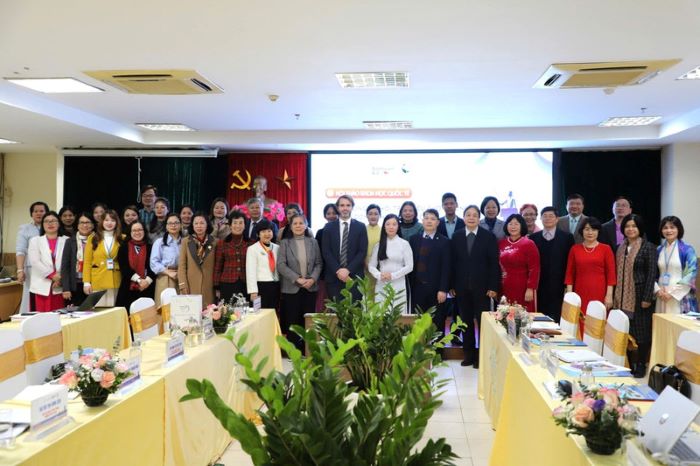Women’s Anti - Discrimination Committee Reaffirms Commitment to Security Council
Committee Adopts Observations on Seven States Parties; Chair Says Committee
Identified Implementation Gaps, Sought Solutions to Persistent Discrimination
Adopting a statement to mark the tenth anniversary of passage of the Council text, the Committee described 1325 as an important international political recognition that women and gender were relevant to international peace and security. For the first time, the Security Council had addressed the disproportionate and unique impact of armed conflict on women and recognized the under-valued and under-utilized contributions they made to conflict prevention and resolution, peacekeeping and peace building, the Committee said in the statement.
In that light, it urged
Furthermore, the Committee stressed the need for a concerted, integrated approach that would place implementation of those texts into a broader framework of implementation of the Women’s Convention and its Optional Protocol and called on States parties to enhance collaboration with civil society.
Also during the session, which began on 12 July, the Committee’s 23 experts who function in their personal capacity, adopted concluding observations on the compliance of seven States parties with the Women’s Convention, whose periodic reports were considered during the meetings:
The Committee also took a decision on a case under the Optional Protocol, which enables it to consider complaints from individuals or groups within its jurisdiction. The draft report of the session, introduced by Committee Reporter Violeta Neubauer, expert from Slovenia, was adopted as amended, as well as the provisional agenda for its forty-seventh session, scheduled for 4 to 22 October, in Geneva.
Committee Chairperson Xiaoqiao Zou of
Ms. Xiaoqiao said the session had been marked by constructive dialogue with States parties, including
Urging all States parties to discuss the Committee’s concluding observations in their respective Parliaments, she said the Committee had identified gaps and challenges and, together with the country’s representatives, had sought to identify strategies for future action and to find solutions to the challenges of persistent discrimination.
She noted that the Committee had also met with non-governmental organizations to discuss country-specific recommendations and thematic issues related to its work, as well as with the Special Adviser to the United Nations Secretary-General on Gender Issues and the Advancement of Women, the Special Reporter on Violence against Women and the human rights adviser of the United Nations Development Fund for Women.






